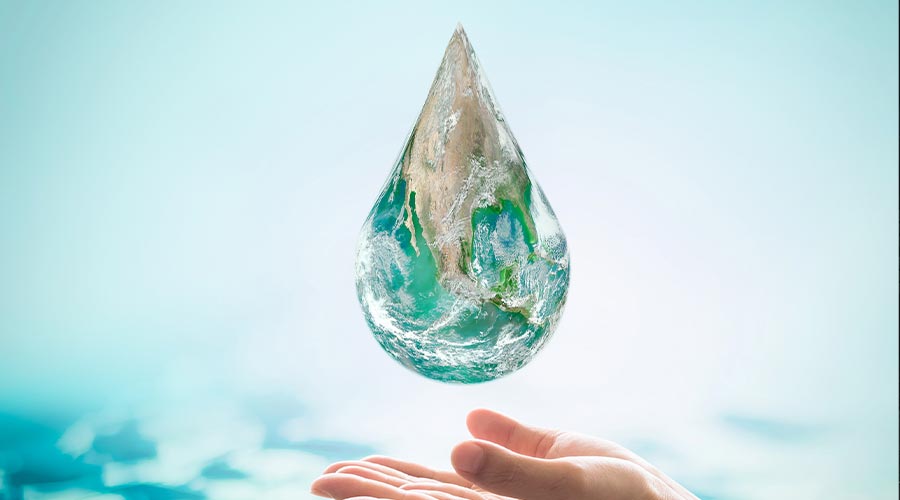
Contributed by Waterless Co., Inc.
The distinction between 'water efficiency' and 'water conservation' often gets blurred. To clear things up, Waterless Co., Inc., the company behind no-water urinals, aims to define these terms and explain their practical implementation.
As to a definition, Klaus Reichardt, president and CEO of Waterless Co, suggests the following:
Water efficiency refers to the intelligent and responsible use of water resources. The goals are to minimize waste and maximize the beneficial use of water. It involves using less or no water to accomplish the same task or produce the same result.
In addition to this definition, Reichardt provides the following more detailed explanation:
The core concept: Water efficiency is about reducing or eliminating water waste or loss.
Conservation vs. Efficiency: Water conservation focuses on reducing water use in the short term, while water efficiency aims to reduce or eliminate water consumption in the long term.
Sectors: Water efficiency is not confined to a specific industry or area. It's a concept that applies to all sectors, from agriculture and manufacturing to private and commercial facilities, schools, and household use.
Practices: Certain practices ensure water efficiency, including ongoing leak detection and repair, water recycling, and improved water management techniques. For example, artificial intelligence systems available for commercial use can predict and manage water consumption needs, improving water efficiency.
Benefits: Water efficiency helps conserve water resources, reduces energy use (associated with water pumping and heating), and lowers water and wastewater treatment costs. The future of water efficiency looks promising.
Most water-using appliances are far more water-efficient today than a decade ago. This is especially true of restroom fixtures, some of which function satisfactorily with no water at all.
"Water efficiency isn't just about saving water," emphasizes Reichardt. "It's also about saving money. By reducing water consumption, businesses and households can significantly cut their water bills. And as the cost of water continues to rise globally, these savings will only grow."

 Celebrating BSCAI's 60th Anniversary eBook
Celebrating BSCAI's 60th Anniversary eBook The Down and Dirty on Cleaning in Virus Season
The Down and Dirty on Cleaning in Virus Season How Surfactant Use is Expanding in Commercial Cleaning
How Surfactant Use is Expanding in Commercial Cleaning